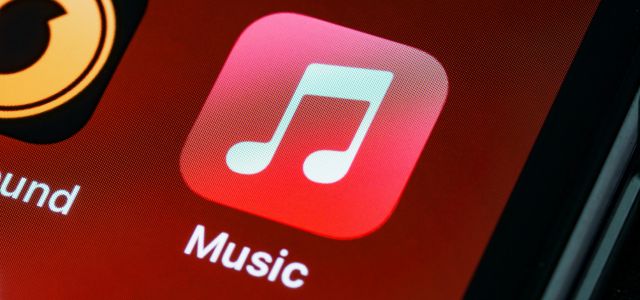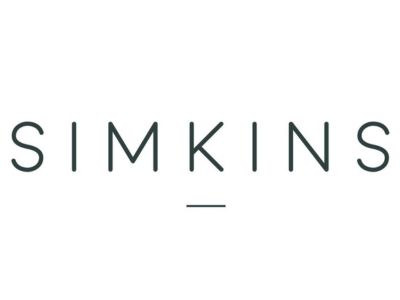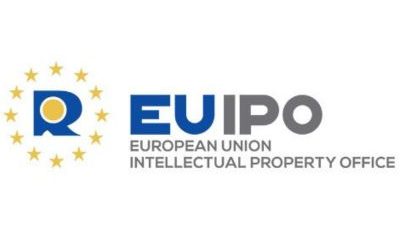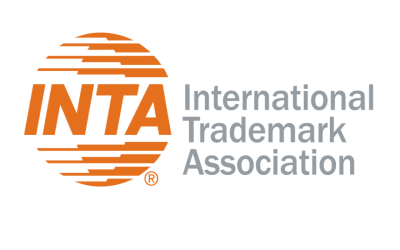Unlicensed artificial intelligence (AI) music generation has been highlighted in the news recently: the British Phonographic Industry (BPI), whose members consist of record companies, has publicly stated its intention to commence proceedings against Jammable – previously known as Voicify – in respect of Jammable’s use of sound recordings of vocal performances by music artists, uploaded by Jammable’s users and used to train its AI model, which then in turn enables users to generate ‘sound-a-like’ content.
The BPI’s threat to take Jammable to court is the latest in a spate of AI-related copyright infringement cases in the creative sectors across the globe, all of which could have serious ramifications for how AI companies intersect with the music industry at large.
Jammable’s technology enables its users to strip out vocals from recorded music and use AI-generated vocals in their stead, which reproduces the sound and tone of the original artist. The company has created a vast library of thousands of voices, including those of Drake and Taylor Swift. The BPI maintains that Jammable infringed copyright by training its AI to mimic the artists’ voices.
While English law does not allow a voice itself to be protected by copyright, a sound recording of the same voice may well be afforded protection, meaning that companies such as Jammable — in the absence of permission or an appropriate defense or exemption — would be infringing when using the recordings to train their AI models.
Although English law does involve an exception for text and data mining, it is currently limited in scope and is unlikely to permit broad use of this kind. Exceptions for parody, caricature, and pastiche may be more relevant to this scenario, but they all require ‘fair dealing‘ and only apply to limited use, for particular purposes (such as criticism, review, or reporting events). While we do not yet have a definitive case applying these principles to the AI training scenario, semi-analogous cases indicate that the courts do not apply these exceptions to infringement lightly, or often.
Jammable could attempt to raise a ‘safe harbor‘ defense – i.e., that they should not be liable for their users uploading infringing content of which they had no knowledge. However, the protection provided by ‘safe harbor‘ is very fact-specific, depending heavily on Jammable’s level (or lack) of intervention. Whether Jammable’s manipulation by their AI model would negate ‘safe harbor‘ protections is unclear. The nuance is that the content uploaded by a user is not directly being communicated to the public — there is a technical intervention by the AI system, and the output is an AI model trained on potentially infringing content.
International law on copyright is still not cohesive, resulting in difficulties interpreting copyright thresholds for technology companies on a global level. For example, EU law provides similar copyright exceptions as in England but EU legislation takes a broader approach to text and data mining, involving an opt-out structure that requires copyright owners themselves to actively decide whether such exceptions apply to their online data.
Further afield, US copyright law applies a concept of ‘fair use‘ which is typically more permissive than the UK’s definition of ‘fair dealing.‘ While there is still a lack of solid case law in relation to the training of AI models using copyrighted work, it is likely that there will be a sea change if the various high-profile cases make their way through the courts.
In the interim, some direction has been provided in Europe thanks to the passing of the EU AI Act, due to come into force later in 2024. The new legislation will require “general purpose AI models” to meet transparency requirements and to comply with EU copyright law.
While the BPI has yet to formally launch proceedings against Jammable, its mandate is to protect its members’ rights and to try and warn off other technology firms that may be considering following Jammable’s lead. The music industry has learned hard lessons in relation to disruptive technology – senior statespersons will remember the high levels of uncertainty endured at the turn of the century when file-sharing platforms popularised the unlicensed copying of music, swiftly dismantling legacy music industry business models. The recorded music industry has recovered only relatively recently, with the coming-of-age of widespread, licensed music streaming returning growth to the sector.
Legislators and regulators typically struggle to match the pace of technological change, so it is important for rights holders to protect their interests now, under existing structures, to head off a damburst of unlicensed AI technologies.
You may also like…
EUIPO and UANIPIO welcome the integration of Ukraine’s trademarks into TMview
The European Union Intellectual Property Office (EUIPO) and the Ukrainian National Office for Intellectual Property...
Jägermeister succeeds in opposing the EU trademark application Alten Kräuterfrau for alcoholic beverages
Mast-Jägermeister SE filed an opposition on the grounds of Article 8(1)(b) – likelihood of confusion between the signs...
INTA’s Brand & New podcast wins prestigious w3 Award for “Inside the Dupe Revolution” series
New York, New York—October 14, 2025—The International Trademark Association (INTA) is proud to announce that its...
Contact us to write for out Newsletter

















